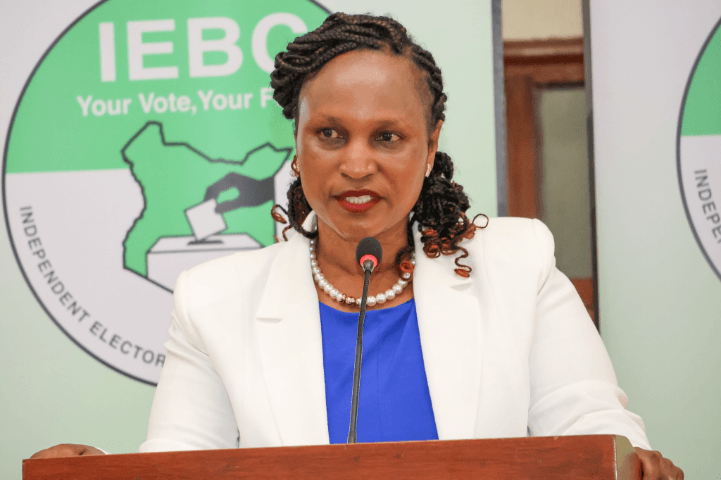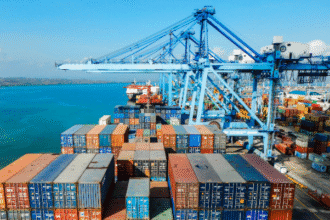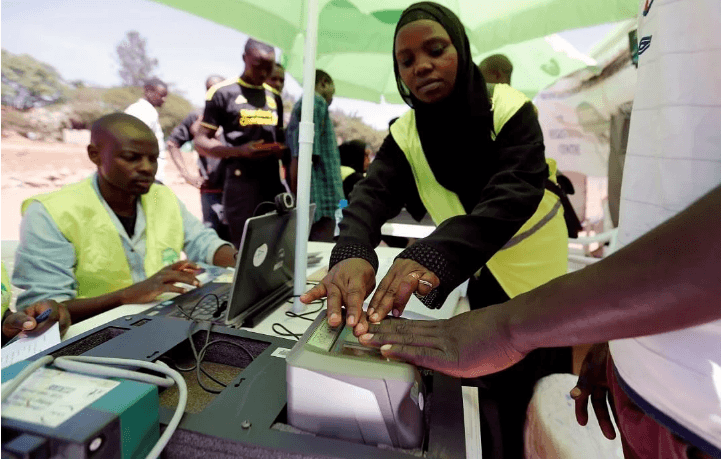
The Independent Electoral and Boundaries Commission (IEBC) has announced that conducting the 22 upcoming by-elections across the country is expected to cost approximately Sh700 million. According to IEBC Commissioner Ann Nderitu, the bulk of this expenditure will go toward logistics and the deployment of electoral officials.
Why the By-Elections Are Costly
Speaking during a televised interview, Commissioner Nderitu explained that organizing by-elections in Kenya remains a complex and resource-intensive process.
The biggest cost drivers are electoral officials, the procurement of materials, and the logistics involved in transporting everything to polling stations. These elements carry the heaviest burden
Commissioner NderituNderitu emphasized that electoral officials require comprehensive training to uphold the integrity, transparency, and efficiency of the voting process. Deploying them across the country from major towns to remote, hard-to-reach areas further increases operational demands.
Challenging Terrain and Logistics
The commissioner highlighted counties such as Baringo, where IEBC must deploy vehicles with caution. In even more remote regions like Banisa in Wajir and parts of Turkana, the commission often relies on flights to ensure secure and timely delivery of ballot materials.
High-Security Electoral Materials
Beyond personnel and transport, acquiring election materials is another major cost. Items such as ballot papers, indelible ink, stamps, seals, and secure packaging all feature strict safety components. She said this is because Kenyan elections are designed not only to manage votes, but to safeguard public trust. Citizens must feel confident that their votes are protected, that counting is transparent, and that the final results reflect the true will of the people.
Technology Investments for Transparency
Nderitu also pointed to technological systems that help reinforce accountability. Tools for voter identification, ballot tracing, and tally audits all contribute to the overall cost of conducting elections. These systems ensure that each stage of the election process remains verifiable and trustworthy.
Why Kenya Spends More Compared to Other Countries
The commissioner compared Kenya’s election expenses to those of other countries, noting that costs differ significantly depending on public expectations and security requirements.
As an example, she cited Sweden, where political parties distribute their own ballot papers, and the Electoral Commission mainly acts as a supervisor. Despite this minimal involvement, it remains one of the most trusted institutions in the country. In Kenya, however, IEBC carries a dual mandate, conducting elections and upholding public trust, which raises the operational costs.
A Reflection of Kenya’s Electoral Complexity
The projected Sh700 million highlights the scale, complexity, and sensitivity of managing by-elections in Kenya. Ensuring credibility, security, and transparency requires significant investment in both human resources and logistical systems.





